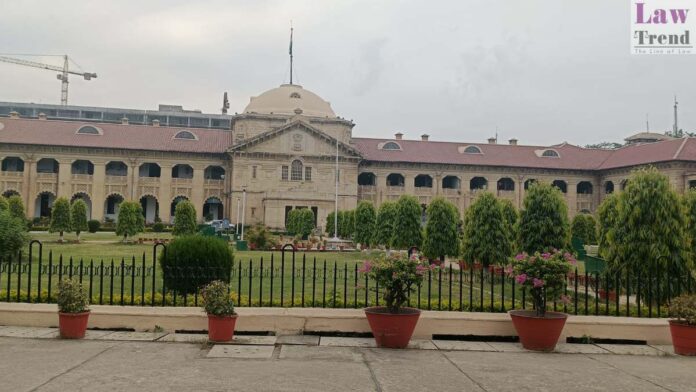In a landmark decision, the Allahabad High Court ruled that changing one’s name is not an absolute fundamental right, overturning a Single Judge Bench’s directive that allowed a petitioner to change his name in educational records. The Division Bench, comprising Chief Justice Arun Bhansali and Justice Kshitij Shailendra, held that name changes must adhere to
To Read More Please Subscribe to VIP Membership for Unlimited Access to All the Articles, Download Available Copies of Judgments/Order, Acess to Central/State Bare Acts, Advertisement Free Content, Access to More than 4000 Legal Drafts( Readymade Editable Formats of Suits, Petitions, Writs, Legal Notices, Divorce Petitions, 138 Notices, Bail Applications etc.) in Hindi and English.




